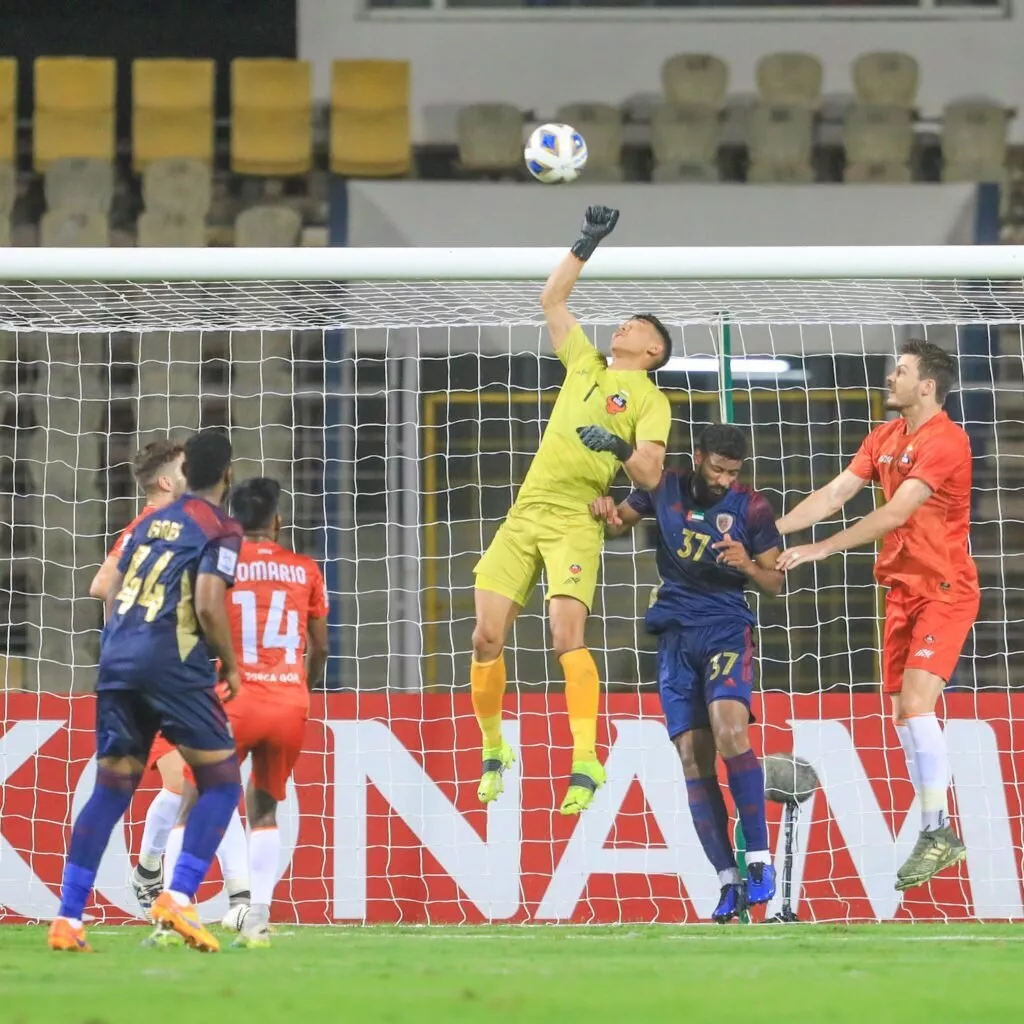AFC Club License: What are the criteria that teams need to fulfill?

Obtaining the license is imperative for teams if they want to participate in AFC's continental competitions.
There have been numerous occasions where clubs who have qualified for the Asian Football Confederation (AFC)'s continental competitions fail to participate in them. This happens when the clubs fail to meet the conditions required to obtain a license that allows them to participate in the same.
This holds true for the AFC Champions League and AFC Cup, with several top Indian clubs still unable to get the honour. The license is given after a club meets criteria in five different sections - Sporting, Infrastructure, Personnel and Administrative, Legal and Financial.
The criteria are divided into three categories. Category A is for aspects that need to be fulfilled no matter what. Category B is also required to be fulfilled, but can be overlooked at the discretion of the AFC, while category C refers to recommendations given by the AFC for smoother functioning of the clubs.
On that note, Khel Now takes a quick look at what satisfying all these criteria means:
Sporting Criteria
The sporting criteria mainly consists of requirements (Category A) that pertain to the development of football. Youth Development is an important aspect of this criteria, with any team that requires a license needing to have a qualified Youth Development Programme within its ranks. The club has to have youth squads that are affiliated with recognized competitions and must contain two teams within 15-21 age group, one team within 10-14 and one team under the age of 10. One important aspect is that the players involved within the youth teams should have no hindrance to continuing their education.
The club should also provide Medical care to all first-team players and all contracted players should have comprehensive medical insurance coverage. It is also necessary for the club’s players and staff to have undergone a session regarding integrity in sport, Laws of the Game, doping control and any relevant topic as decided by AFC.

In Category B falls the registration of players above the age of 10 associated with a club in an AFC-affiliated league. The club should also have a developed policy signed by all players that aims to tackle racism in football. Grassroots Programmes that aim for mass participation of people from all walks of life are also expected to be part of a club’s framework.
The recommendations (Category C) for the Sporting criteria mainly include a steady child protection and welfare policy aimed at eradicating abuse as well as Corporate Social Responsibility Programmes within the framework of the club. A licensed Women’s football team as well as a well-run Youth Academy are also recommended for clubs.
Infrastructure Criteria
The infrastructure criteria deals with Stadium and Training Facilities. The Stadium has to be owned by or contracted to the club for the coming season and should meet the requirements outlined by the AFC stadium regulations and competition regulations. It should also have a safety certification and should be compliant with the requirements in the AFC Safety and Security Regulations. The Stadium should also have an Evacuation Plan that has been approved by the appropriate body as per the national law.
Training Facilities should also be either owned by the club or contracted to the club. The Training Facilities are required to have outdoor and indoor facilities as well as dressing rooms and medical rooms. These however, fall under the B category for the infrastructure criteria along with affixed ground rules for the stadium. The ground rules need to be visible to the fans.
Personnel and Administrative Criteria
The personnel and administrative criteria lists all the necessary staff required by a club to satisfy the regulations put forth by AFC for its competitions.
The club should have a secretariat containing skilled secretarial staff, general manager to run its daily businesses, recognized finance officer, a security officer to handle safety and security matters, a media officer, medical doctor, physiotherapist, first-team head coach and assistant coach as well as a head of youth development and coaches for the youth teams. The licensing criteria also requires stewards who are either employed by the club or contracted to the club to carry out safety proceedings dutifully. The right, responsibilities and duties of all these roles are to be stored in writing and the club has to make sure that a replacement is found within 60 days in case a position becomes vacant.
A legal advisor, technical director and first-team goalkeeping and fitness coaches are also required but fall under the B category. All these posts are required to have qualifications pertaining to their fields, with coaches requiring certificates validated by AFC.

Legal Criteria
The legal criteria cover all necessary documentation that needs to be submitted to participate in the tournaments. These documents include a Declaration in Respect of Participation in AFC Club Competitions as well as other legal documents pertaining to the club. While the former deals with recognizing the authority of FIFA and AFC and the rules that the organizations have set up, the latter focuses on the identity of the club including its official name, address, authorized signatories and so on.
The ownership framework and control mechanism of the club should also be declared, with each participant's role and stake at the club explained clearly. The members of the framework have to also abide by certain rules as per the AFC guidelines. The Legal Group Structure should also be well-defined to the Licensor and all Professional Players within the organization should have a written contract that adheres to all provisions required. The club should also establish a disciplinary procedure and code of conduct for players and officials, the requirement of which falls under category B.
Financial Criteria
Annual financial statements must be audited and adhere to the Statutory Closing Date and must also meet the minimum disclosure requirements and accounting principles set out in the AFC Club Licensing Financial Handbook. If there are any financial statements for the interim period, the same have to be reviewed and submitted accordingly.
No pending transfer fees payable towards other clubs should be present unless deferred for a later date by mutual agreement. The same goes for all employees, which include players and staff, as well as social and tax authorities.
An Annual Budget needs to be submitted before the start of the season with projected income and expenditure included. A future financial information plan also needs to be submitted, so that the club’s ability to continue as a Going Concern can be depicted. A written representation that approves all documents must also be submitted before the licensing decision is taken.
After the license is given, the club has to duly update future financial information accordingly as well as subsequent events that might affect the criteria in any way.
For more updates, follow Khel Now on Twitter, Instagram and join our community on Telegram.